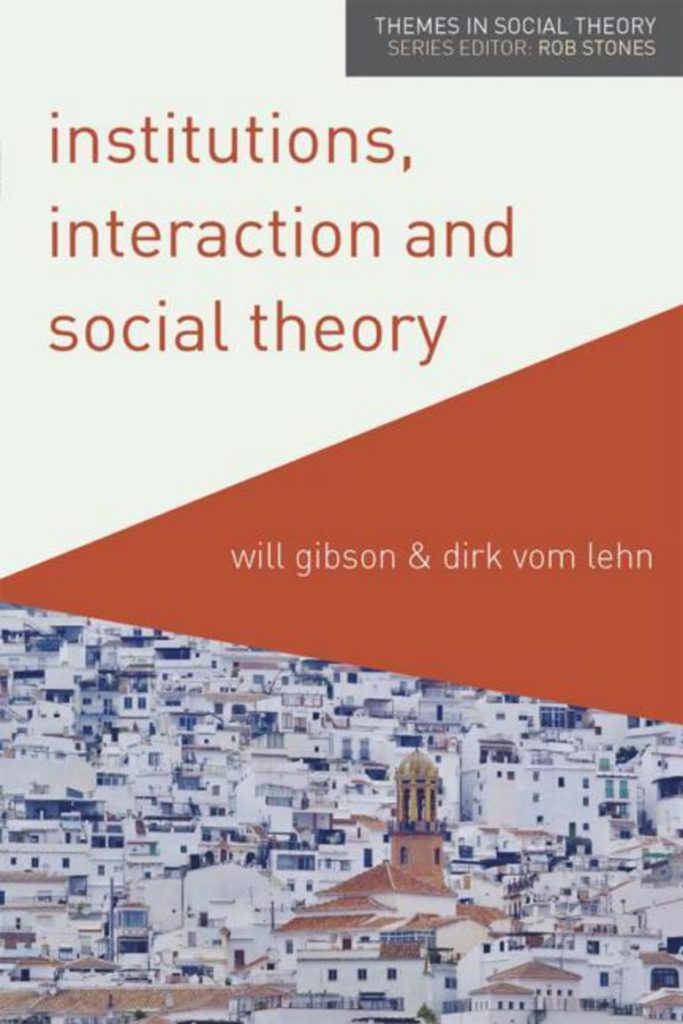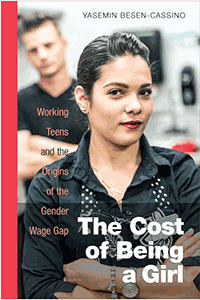
What determines the number on your paycheck? When asked, the vast majority of U.S. workers list their own individual performance as a key factor. Large majorities of pay-setters – senior management, human resource directors, and others directly involved in setting compensation rates – likewise believe workers’ individual performance is very important.
I know, because in a series of surveys conducted over the last few years I asked average workers and pay-setters about their ideas about how our wages and salaries are determined. No matter how I posed the question, no factor garnered as much support as individual performance when it comes to our understandings of pay determination in the modern economy.
Continue Reading…




 Have you ever wondered how some men and women muster the courage to pursue careers in rock music, despite the fact that so few of them will actually “make it”? Or have you questioned why some individuals would intentionally choose a path that will undoubtedly be filled with struggle, miniscule economic payoff, and a slim chance of success?
Have you ever wondered how some men and women muster the courage to pursue careers in rock music, despite the fact that so few of them will actually “make it”? Or have you questioned why some individuals would intentionally choose a path that will undoubtedly be filled with struggle, miniscule economic payoff, and a slim chance of success?  A few years ago this blog ran a panel on ‘
A few years ago this blog ran a panel on ‘